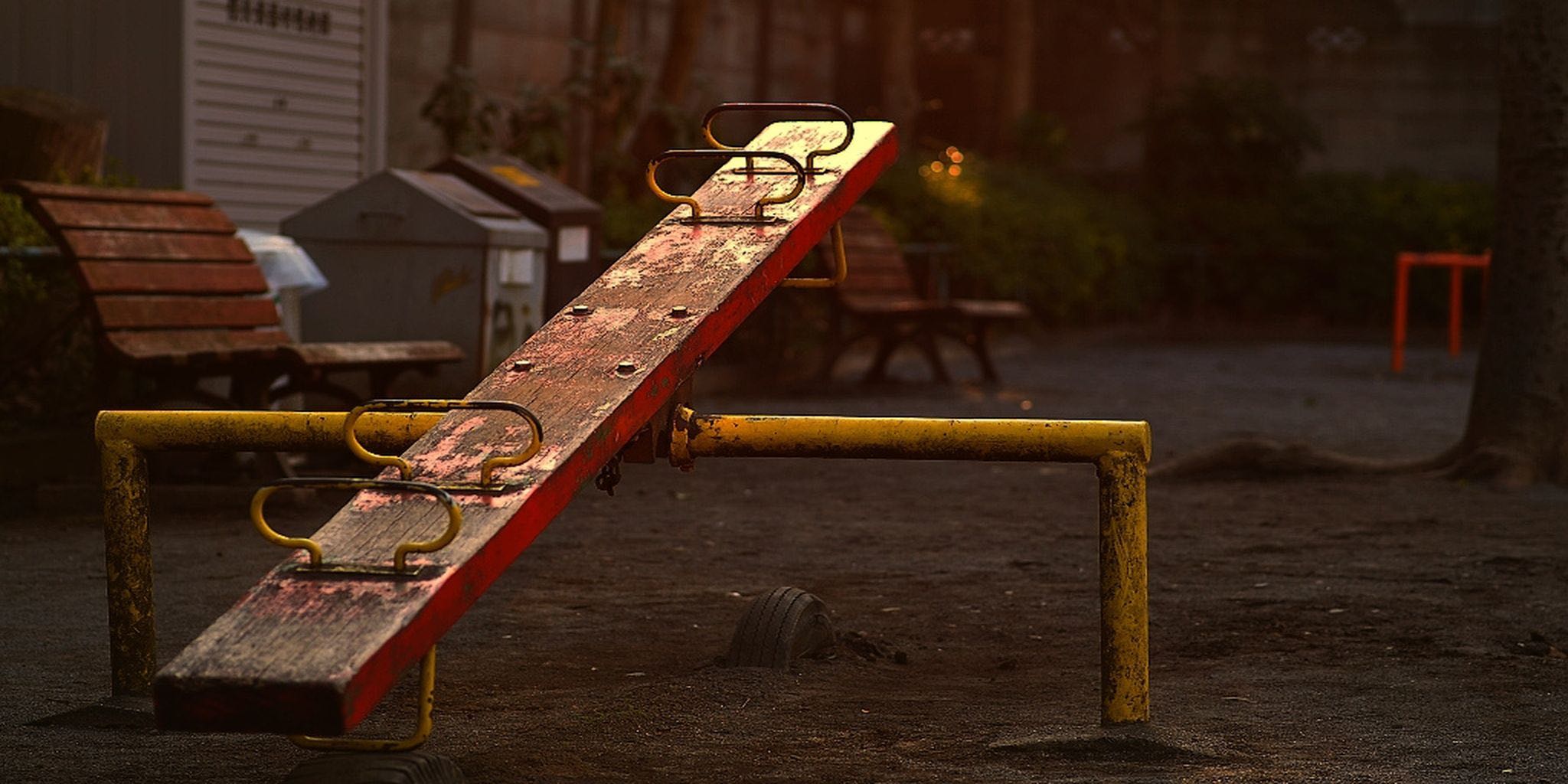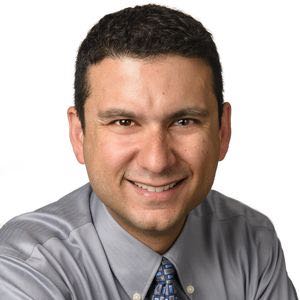The Pareto Principle in action
Yesterday morning I woke up early, while everyone was still sleeping. After my little morning routine, I opened my laptop, still in my pajamas, and spent 10 minutes crafting an email to a client. I had coffee and went to work.
By the time I got to the office, there was a reply from the client giving us the go-ahead to invoice them for some recent work.
It wasn’t yet 9:30 a.m. But my 10-minute effort in my pajamas had resulted in substantial results for our small business that day, results that would account for a large percentage of our revenue that month.
Have you ever felt that sometimes the least amount of effort is what yields the most results?
This is not a coincidence. It is known in the business world as the Pareto Principle. You might have heard about it. It postulates that 20% of the effort will result in 80% of the results. There are several variances of the principle, such as 20% of your clients making up for 80% of your revenue, or 20% of your children will give you 80% of the headaches.
Do an online search for “Pareto Principle” and you will find a multitude of articles. But what’s not often talked about is this: how do I apply this principle in real life? Of all the things I need to do, what is the 20%? How can I prioritize work when I don’t have a choice about what to work on?
It turns out it’s not that complicated. Let me share with you how I apply the Pareto Principle every day.
Take a look at your life
The first thing I recommend you do is take a good look at your life. From a high-level perspective, I start with some goals, which I often set at the beginning of the year. Some goals I have set for myself this year include the following:
- Write and publish my first book
- Buy and fit into size 32 jeans
- Bring X amount of dollars to our company via new client business
- Run 5 km in less than 29 minutes
These goals usually will turn into a collection of projects. For example, to write my book, I’ll need to write it. Then I’ll need to do all the necessary things needed to have it published. Then I’ll need to come up with a marketing plan, and so on. These are all projects.
Each project will further breakdown into individual tasks.
Being a fan of David Allen’s GTD principle, I will put these projects and tasks into lists which are always accessible to me. Nozbe is a great tool in which to keep your lists, projects, and goals.
First things first: the “Power Hour”
I remember my mom taking me to church early Sunday mornings when I was growing up in Brazil. Sometimes the weather would be so beautiful, and I would ask her why we couldn’t just go to the pool first, and go to church later. She’d say, “First we do what we ought, then we do everything else.”
There’s so much wisdom in that.
Try to plan a bit of what you will do every day. To do that, look at your projects and tasks. These all have direct impact on your high-level goals, so they are vitally important.
Set aside at least one hour every day to do focused work on tasks from your projects that are connected to your life goals. I call this the “power hour.”
You might say, “But how could I move the needle on my projects by working only one hour a day on them?”
To this I’d reply: Remember the Pareto Principle. You don’t need to work all day on meaningful tasks that are associated with your high-level goals in life to make a big impact. They are the 20%. Focus on them a little every day, and you will start seeing the promised 80% of the results you want.
Leave plenty of gaps in your calendar
I understand you might have little control on what work you need to do every day. Most of us work for someone who tells us what we need to work on.
That is why we need to limit the amount of time we plan on focusing on our 20%. Leave your calendar with lots of gaps — but remember to set aside that focused time. That is when you will work on what really matters to move forward with your goals and projects.
Sometimes that will mean you’ll have to use your lunch time to do it. If that is the case, remember no matter how much you’d like to spend time eating a sandwich and chatting with co-workers, this “power hour” will have a much greater impact in your life.
Back to my story
It turns out the rest of my day yesterday was hectic. I was in a reactive mode for the rest of it. I answered urgent emails, dealt with a broken furnace in the office, and had to answer multiple phone calls.
By most accounts, my day was not productive.
But remember, by 9:30 a.m., my day was already won.
Focus on your 20% every day, and you will be winning. Even in pajamas.
Editor’s Note: Have you wondered how companies tackle productivity in order to deliver complex projects? Cesar Abeid’s upcoming book, Project Management for You, will break down the science of project management so we too can learn a systematic approach to turning ideas into reality, delivering on our promises, and getting things done. Visit Cesar’s campaign on Kickstarter crowdfunding platform and help him with this book :)
Photo: Flickr / takasuii CC BY-NC-ND 2.0

